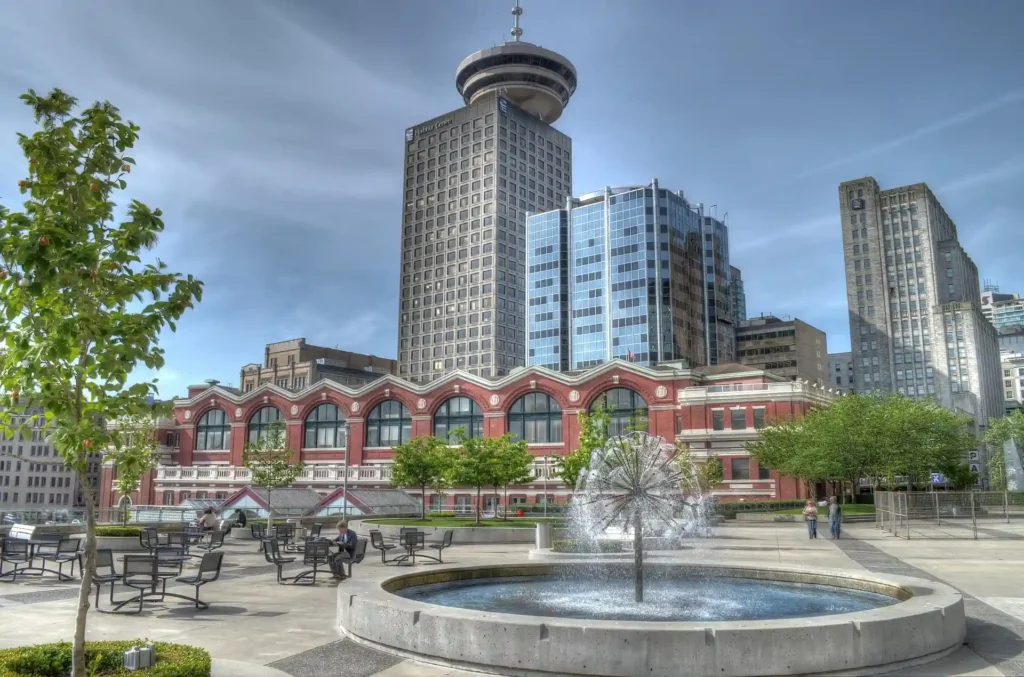
Urban Planning Software: Rethinking Cities with Artificial Intelligence
Urban planning has always been a complex task that requires balancing environmental, social, and economic factors. With the integration of AI-powered urban planning software, cities can now be modeled and optimized more efficiently. AI helps urban planners simulate the layout of infrastructures, analyze environmental and social impacts, and predict future demands for housing and mobility.
How Can AI Help Model and Optimize Urban Planning Projects in Urban Planning Software?
AI-driven urban planning software enhances the planning process by simulating infrastructure distribution, analyzing environmental and social impacts, and predicting future needs for mobility and housing.
Simulation and Optimization of Infrastructure Distribution
AI in urban planning software allows planners to simulate and optimize how infrastructure is distributed across urban landscapes. This includes:
- Using GIS software to analyze geographical data and determine the best locations for essential infrastructure, such as transportation networks, water systems, and energy grids.
- Applying AI algorithms to optimize the placement of building supplies and resources, ensuring that cities grow in a sustainable and efficient manner.
- Integrating BIM software and 3D models to visualize infrastructure plans and ensure that they meet both functional and aesthetic requirements for urban spaces.
This simulation capability ensures that urban planners can create cities that are well-organized, sustainable, and capable of supporting growing populations.

Urban plaza
Analyzing Environmental and Social Impacts of Projects in Urban Planning Software
AI-powered urban planning software also helps assess the environmental and social impacts of urban development projects, which is essential for long-term sustainability. This includes:
- Analyzing data from building analytics, architectural surveys, and infrastructure studies to determine the potential environmental impact of new urban developments, such as carbon emissions and energy consumption.
- Using AI to simulate the social effects of urban projects, such as the availability of affordable housing or the impact on local communities and public spaces.
- Providing real-time insights into how changes in urban design will affect environmental and social factors, allowing planners to adjust their plans proactively.
This capability helps ensure that cities are designed with environmental sustainability and social equity in mind.
Forecasting Future Mobility and Housing Needs
AI-driven urban planning software can also predict future demands for mobility and housing, ensuring that cities are prepared for long-term growth. This includes:
- Using predictive analytics to forecast population growth and housing demand based on current data from GIS software and building analytics.
- Simulating future transportation needs, such as public transit or road networks, to ensure that cities can accommodate increasing mobility demands.
- Integrating AI-driven modeling software to design flexible urban layouts that can be adjusted as the city’s needs evolve.
By predicting future urban requirements, AI helps urban planners create adaptable cities that can grow sustainably.
FAQ: 5 Questions About Urban Planning Software
How does AI help simulate infrastructure distribution in cities?
AI-powered urban planning software uses GIS software and BIM software to simulate the optimal distribution of infrastructure, ensuring that cities are organized efficiently and sustainably.
Can AI analyze the environmental impact of urban projects?
Yes, AI tools analyze data from building analytics, architectural surveys, and environmental studies to predict the potential environmental impacts of urban developments, helping planners create sustainable designs.
How does AI forecast future housing and mobility needs?
AI uses predictive analytics to analyze population growth, housing trends, and transportation data, allowing urban planners to design cities that can meet future demands for housing and mobility.
What role does AI play in assessing social impacts in urban planning?
AI-driven urban planning software can simulate the social effects of urban projects, such as the availability of affordable housing or the impact on local communities, ensuring that cities remain socially equitable.
Can AI-generated urban plans be adjusted for future growth?
Absolutely. AI-powered urban planning software allows for flexible city layouts that can be easily adjusted based on changing population needs, infrastructure demands, or environmental considerations.




